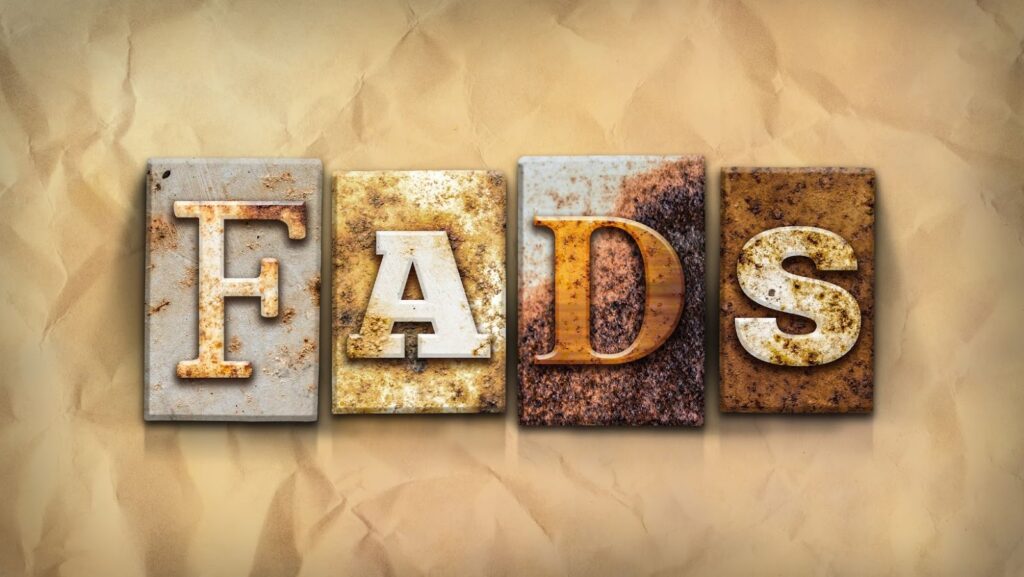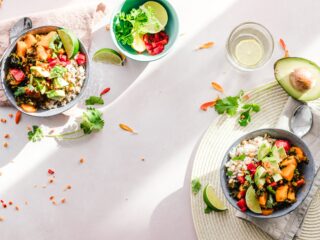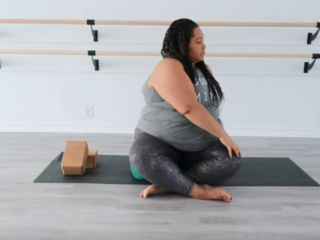
Dieting is hard enough, but going vegan can feel like an insurmountable challenge. However, with a little creativity and effort, it doesn’t have to be! Here are some tips to help you start the vegan diet in a way that’s both delicious and doable.
vegan diet before and after
Veganism is a type of vegetarian diet that excludes meat, eggs, dairy products, and all other animal-derived ingredients. Many vegans also do not eat foods that are processed using animal products, such as refined white sugar and some wines.
The vegan diet has become increasingly popular in recent years. There are many health benefits associated with this way of eating, including a lower risk of heart disease, diabetes, and certain types of cancer. Additionally, the vegan diet is often more environmentally sustainable than diets that include meat and dairy products.
If you’re interested in trying the vegan diet, there are a few things you should know before getting started. Here’s a basic guide to help you get started on your vegan journey.
Why go vegan?
There are many reasons why people choose to go vegan. Some do it for the animals, either because they believe that animals have a right to live free from harm and exploitation, or because they believe that it is morally wrong to kill animals. Others do it for health reasons, either because they believe that a vegan diet is the healthiest diet possible or because they have certain health conditions which they believe can be improved by following a vegan diet. And still others do it for environmental reasons, believing that the mass production of animal products is having a devastating effect on our planet and its resources.
Whatever the reason, going vegan is a serious commitment that should not be undertaken lightly. It entails making significant changes to your diet and lifestyle and, for some people, this can be a challenge. Before you take the plunge, make sure you are doing it for the right reasons and that you are prepared for the challenges involved.
The benefits of a vegan diet
A vegan diet can have many health benefits, including lower blood pressure, a reduced risk of heart disease and lower cholesterol levels. Vegans also tend to have a lower body mass index (BMI) than non-vegans.
A vegan diet can help you lose weight because it is usually lower in calories than a non-vegan diet. This is because vegan meals often contain more vegetables and salads, which are generally lower in calories than meat and animal products.
Making the switch to a vegan diet
A vegan diet can provide many health benefits, including a lower risk for heart disease, diabetes, and some types of cancer. However, making the switch from a standard American diet to a vegan diet can be overwhelming. Here are some tips to make the transition:
1. Choose recipes that sound good to you and that you know you will enjoy. There are many vegan cookbooks and websites with delicious recipes. If a recipe sounds too complicated or time-consuming, find something else.
2. Start with one or two meals per week and gradually increase as you feel more comfortable.
3. Incorporate more plant-based protein into your diet such as beans, lentils, tofu, quinoa, andtempeh.
4. Find vegan replacements for your favorite dairy products such as almond milk, coconut milk, cashew cheese, and vegan yogurt.
5. Use healthy fats and oils such as olive oil and avocado to add flavor and richness to your meals.










